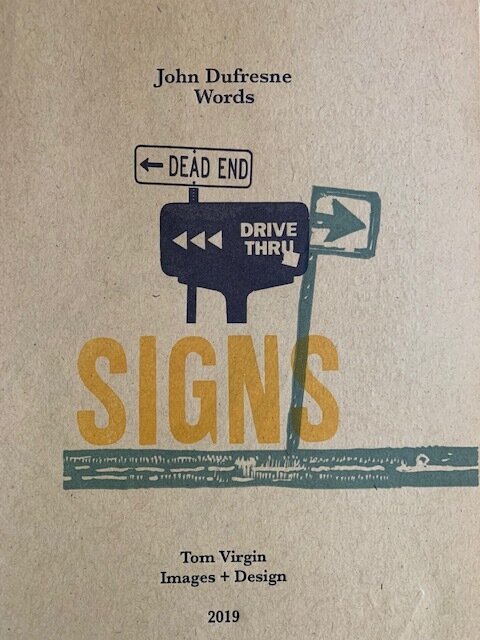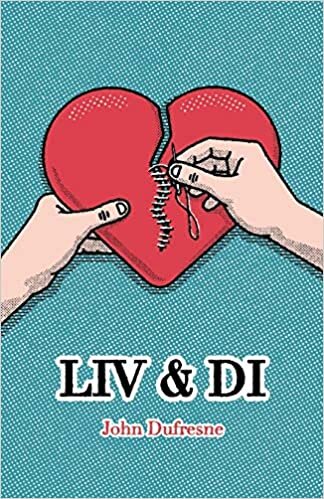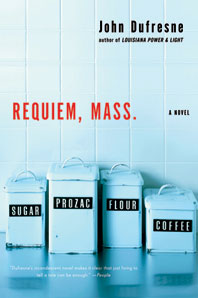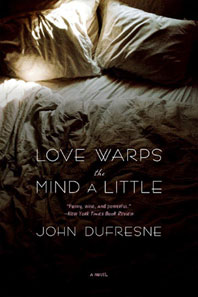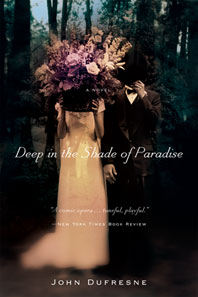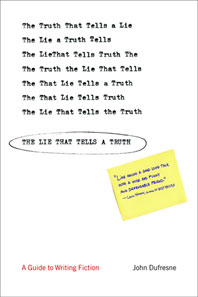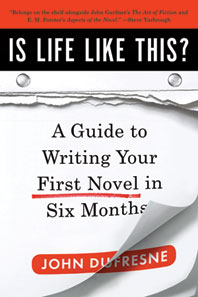W.W. Norton
April 2020
A smart and funny guide to writing fiction, with engaging infographics that bring storytelling techniques to life.
Whether you are daunted by a blinking cursor or frustrated trying to get the people in your head onto the page, writing stories can be intimidating. It takes passion, tenacity, patience, and a knowledge of?and faith in?the often-digressive writing process. A do-it-yourself manual for the apprentice fiction writer, Storyville! demystifies that process; its bold graphics take you inside the writer’s comfortingly chaotic mind and show you how stories are made.
In Storyville!, seasoned guide John Dufresne?whose approach “will anchor the newbie and entertain the veteran” (San Francisco Chronicle)?provides practical insight into the building blocks of fiction, including how to make the reader see your characters, create a suspenseful plot, and revise, revise, revise. Storyville! is a combination handbook and notebook, with original prompts and exercises crafted with Dufresne’s singular dry wit and Evan Wondolowski’s playful and illuminating graphics on every page.
Follow John Dufresne on Facebook.
storyVILLE!
“Novelist Dufresne (I Don’t Like Where This Is Going) dispenses advice on writing fiction with assurance and humor in this entertaining and informative manual. He suggests readers should not to write fiction “if you don’t know the basics of grammar and usage,” “if you haven’t read a novel in the last month,” or “if you think ideas are more important than people.” Having winnowed the field, he offers his 10 commandments of writing fiction, which include “sit your ass in the chair,” “thou shalt show and not tell,” and “thou shalt not bore the reader.” Dufresne launches into the finer details, from how to begin—in his mind, the whole story should be implicit in a good first line—to choosing the right point of view and various ways to construct a plot. Dufresne peppers his own instructions with quotations from other authors, such as John Fowles: “follow the accident, fear the fixed plan.” He also includes writing prompts at the end of each section, with space provided for responding on the page. Dufresne’s close attention to myriad details of fiction writing makes this a strong choice for anyone who thinks they have a novel or short stories in them, but don’t know how to begin.” (Publisher’s Weekly)



